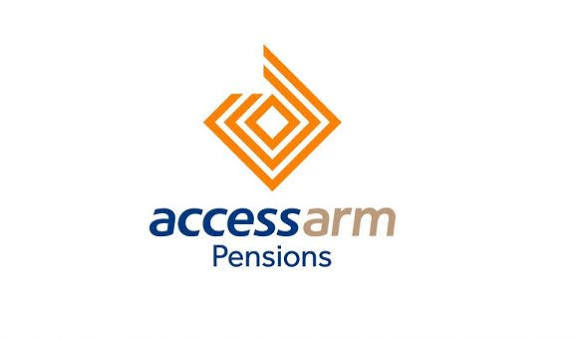The Nigeria Civil Aviation Authority has said that delayed and irregular remittance of the five percent ticket and cargo sales charge by domestic airlines hampers the NCAA’s ability to deliver efficient services and invest in staff training, as these charges serve as the agency’s primary funding source.
This was disclosed by the Director General of NCAA, Captain Chris Najomo, at the Aviation Finance and Revenue Assurance Summit, organisedby the regulatory authority in Lagos on Wednesday.
The Director General stressed that many indigenous airline operators often delay remitting agreed percentages to the NCAA, use manual or delayed reporting systems, and, in some cases, fail to remit the accurate Ticket Sales Charge/Cargo Sales Charge.
Najomo, represented at the occasion by Mr. Olufemi Odukoya, the Director, Finance and Accounts, NCAA, noted that this has negatively impacted the NCAA’s financing and planning, as revenue shortfalls and cost recovery gaps hinder long-term fiscal planning and the timely execution of critical programs.
To address delays in remittances, he urged Nigerian airlines to adopt technology tools like Artificial Intelligence for automated financial reporting, revenue tracking, and compliance. He noted a clear lack of collaboration and synergy between the NCAA’s revenue recovery units and indigenous airlines.
He stated that the significant gap between revenue generated and actual collection by the NCAA from airlines amounted to under-optimization.
He attributed this issue mainly to the poor working capital management of domestic airlines’ Chief Financial Officers (CFOs) and Heads of Accounts, as well as informational inefficiencies and a lack of cooperation and synergy.
He was optimistic that some CFOs might not fully understand their statutory obligations for timely remittances, accurate revenue reporting, and financial compliance with the NCAA, in accordance with global aviation standards and best practices.
He added, “We do hope that the outcome of this summit will make a bold statement of intent and the starting point of an inclusive regulatory model that will drive the all-round growth and economic viability, increased safety, enhanced service delivery and exceptional passengers experience that we all crave for in the Nigerian aviation and air transportation sector.”
Najomo noted that Nigeria’s economy has faced and continues to struggle with macroeconomic and developmental challenges, requiring disruptive innovation to drive a swift recovery.
The Director General stated that the Minister of Aviation and Aerospace Development, Festus Keyamo, has outlined a strategic five-point agenda to advance the aviation sector in alignment with the President’s initiatives.
Aviation consultant Dr. Michael Awa, in his presentation titled “Improving Operational and Regulatory Environment Through Collaboration and Synergy,” urged airline CFOs to closely monitor policy and regulatory changes to keep their airlines aligned with global aviation industry developments.
Awa emphasized the need to continuously monitor and update safety, security, and environmental regulations from organizations such as the International Civil Aviation Organization, International Air Transport Association, Airports Council International (ACI), Federal Aviation Administration, and the NCAA.









